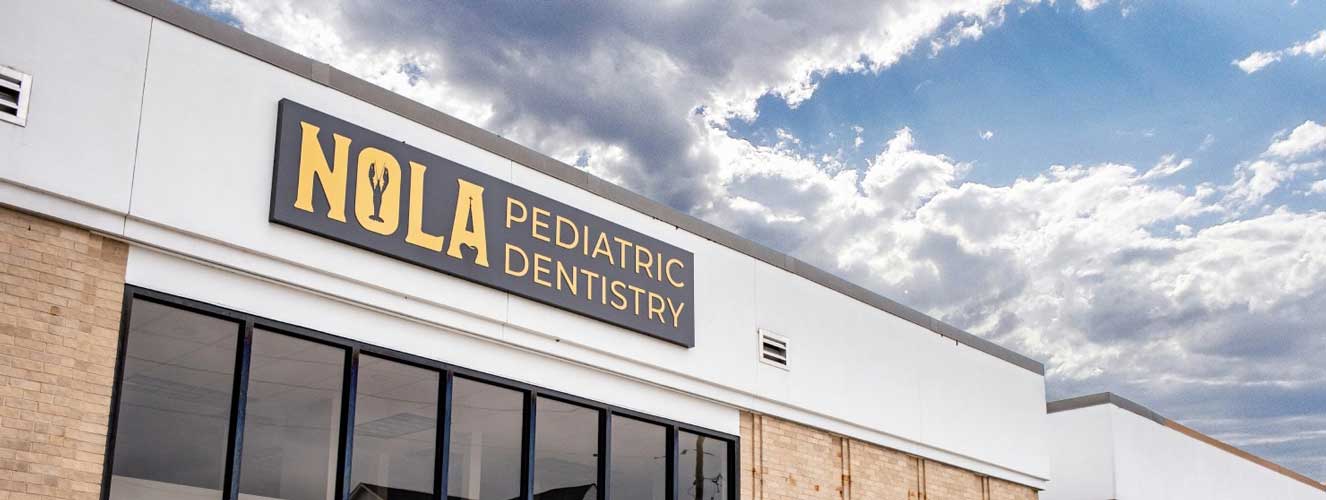If you’ve recently learned that your baby has a tongue tie, you may be feeling overwhelmed with questions—especially about treatment. Tongue tie, or ankyloglossia, is a condition that affects how the tongue moves. It’s caused by a tight or short band of tissue (called the lingual frenulum) that anchors the tongue to the floor of the mouth.
While it’s a common issue, it can lead to real challenges with breastfeeding, swallowing, and later, speech development. That leaves many parents in New Orleans asking: Is tongue tie surgery safe for babies?
The good news is that with today’s advanced technology and pediatric-focused care, tongue tie surgery is safe, fast, and effective—even for newborns.
Understanding the Purpose of Tongue Tie Surgery
The goal of tongue tie surgery, also called a frenectomy, is to release the restrictive tissue under the tongue to improve range of motion. This simple procedure can relieve symptoms such as:
- Difficulty latching during breastfeeding
- Clicking or smacking sounds while feeding
- Excessive gassiness or fussiness
- Poor weight gain despite frequent feedings
- Sore or painful nursing for the breastfeeding parent
In older children, a tongue tie may also affect speech, eating, oral hygiene, and orthodontic development. By addressing the restriction early, many of these challenges can be prevented altogether.
Is Tongue Tie Surgery Really Safe for Infants?
Yes—tongue tie surgery is very safe for babies, especially when performed by a trained pediatric provider using modern methods like laser frenectomy.
Laser technology has revolutionized tongue tie treatment, making it:
- Minimally invasive — No stitches, no scalpels, and little to no bleeding
- Quick and gentle — Most procedures take just a few minutes
- Comfortable for babies — Many infants resume feeding immediately after
- Low risk — Faster healing, less discomfort, and reduced chance of infection
Unlike older methods that used scissors or scalpels, laser treatment allows for precise, clean incisions with minimal tissue damage. This translates to a safer experience for even the youngest patients.
What Happens During a Frenectomy?
The process is simple and typically performed in-office. After a gentle exam and confirmation that a tongue tie is present, the provider will use a soft-tissue laser to release the tight frenulum.
The entire procedure usually takes less than 5 minutes. For infants, no general anesthesia is needed—just a swaddle and comfort measures. Most babies feed better immediately following the release, and healing often occurs within a few days.
Why Early Treatment Matters
Treating tongue tie early can make a big difference—not only for your baby’s ability to eat comfortably but for their long-term development.
Benefits of early treatment include:
- Improved breastfeeding — Better latch, longer feedings, and less frustration
- Healthier weight gain — Babies can nurse more efficiently
- Pain relief for the nursing parent — Less soreness and fewer feeding complications
- Speech support — Reducing the risk of future articulation or clarity issues
- Fewer long-term interventions — Avoiding issues with dental spacing or jaw development
The earlier a tongue tie is diagnosed and treated, the smoother the outcome typically is—for both baby and parent.
Why Choose NOLA Pediatric Dentistry for Tongue Tie Surgery in New Orleans?
At NOLA Pediatric Dentistry, we specialize in safe, gentle tongue tie surgery for infants and young children. Families throughout New Orleans trust our team for compassionate care and advanced treatment.
Why families choose us:
- Pediatric Laser Expertise — We use advanced laser technology designed for infants and young patients.
- Gentle, Efficient Treatment — Most babies are back to feeding within minutes.
- Family-Focused Support — We guide you through each step, from diagnosis to aftercare.
- Trusted by Local Families — With a reputation for excellence, we’re proud to care for New Orleans’ littlest smiles.
- Affordable and Transparent Care — Clear pricing and flexible options that work for your family’s needs.
If you’re concerned about a possible tongue tie or have been referred for a consultation, we’re here to help. Contact NOLA Pediatric Dentistry today to learn more or schedule your child’s evaluation.




